It’s not the first time that protesters have intruded on Remembrance Day. But this time feels different.
In the 20s, the protests were against the poverty and inequality of the era. On Armistice Day in 1922, 25,000 unemployed ex-servicemen marched past the Cenotaph, wearing their medals next to tickets from pawn shops to indicate their plight. The year before, in Liverpool, 200 men interrupted the two minutes’ silence with shouts of ‘Anybody want to buy a medal?’ and ‘What we want is food, not prayers!’
In the 70s and 80s, more disturbingly, it was the far right who occupied the headlines. The National Front made its Remembrance Sunday march into its big national event. In 1986 1,000 police were called up to keep the peace between the NF and an anti-fascist counter-protest.
And ever since the 1930s, pacifists have given a quieter kind of witness, laying a wreath of white poppies at the Cenotaph to the irritation of traditionalists.
The fact that the march went ahead suggests that the meaning of Remembrance Day is fading.
What all those – very different – demonstrations have in common is an attempt to reframe the event itself: to suggest that the real tribute to the war dead would be to build a more just society, or a more racially pure one, or a more peaceful world. Yesterday’s march by the Palestine Solidarity Campaign was different: in a very 2023 way, it was marked more by indifference towards the whole occasion. The PSC happened to be organising a march every Saturday, and despite the public alarm they didn’t see why it would be a big deal to do so on November 11.
Whatever you think of the marchers, – and it is hard to say how many of them are sinister Hamas sympathisers, and how many are earnest humanitarians – the fact that the march went ahead suggests that the meaning of Remembrance Day is fading. In some ways, that is a statement of the obvious. As the World Wars pass out of memory, we will never recover the spirit of 1919, when the whole country fell silent, and the chimes of Big Ben reached distant towns which had never before heard the bell in daylight hours; or of 1929, when someone wrote to the Sunday Times to complain that ‘drivers of motor cars have not always stopped their engines’ at 11 o’clock.
Remembrance has had some revivals over the last few decades: in the Thatcher years, under the influence of official patriotism and the Falklands War; and more recently, in the shadow of Iraq and thanks to the work of the Royal British Legion. But it has suffered from the same decline of interest – if you trust the statistics – as other markers of national allegiance.
Support for the monarchy weakens dramatically among younger age groups. Millennials are far more likely than older generations to say they would dodge conscription. ‘Democracy’ is the principal value in our citizenship oath, but it has never been more unpopular.
Some on the right, looking on all this in justified dismay, blame the ideologies of multiculturalism and diversity. On this view, you cannot expect to have a healthy national culture, with a shared history and a shared sense of purpose and obligation, if your elite tells everyone that nothing defines the country except how various it is.
It is a highly persuasive argument. But those making it don’t fully reckon with the issue it raises: namely, of what that shared national story could be. The old answers don’t work any more. British identity was forged in the 18th century out of anti-Catholicism, military might and commercial ambition. Later it became inseparable from the Empire. And then, as Roger Scruton once remarked, the British ‘lost their imperial identity without gaining a national identity with which to replace it.’
That is the question which haunts this weekend: what is our inheritance? Where did our institutions come from, and why should we be grateful for them? How can we make sense of the glories of our past, and its crimes? How did we get here, and where are we going? Perhaps there is an answer out there. But it is fitting, in more than one way, that our greatest moment of national unity is a profound silence.
Got something to add? Join the discussion and comment below.
Get 10 issues for just $10
Subscribe to The Spectator Australia today for the next 10 magazine issues, plus full online access, for just $10.

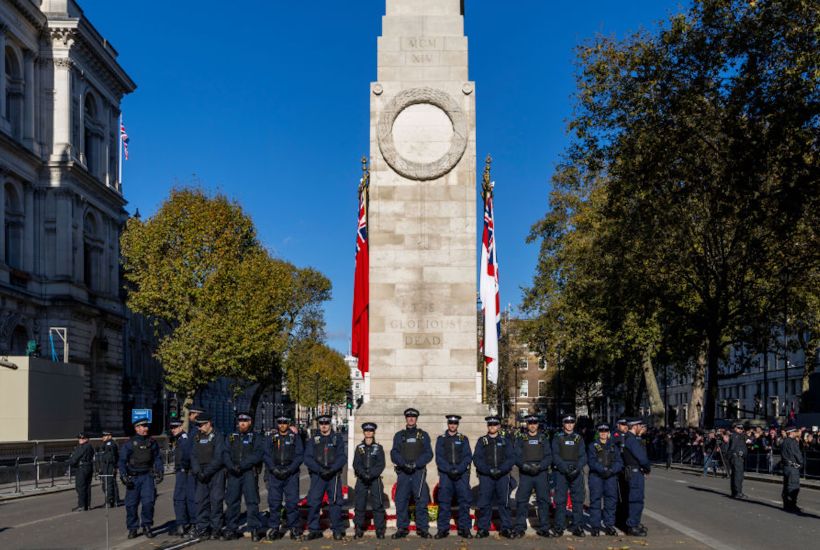
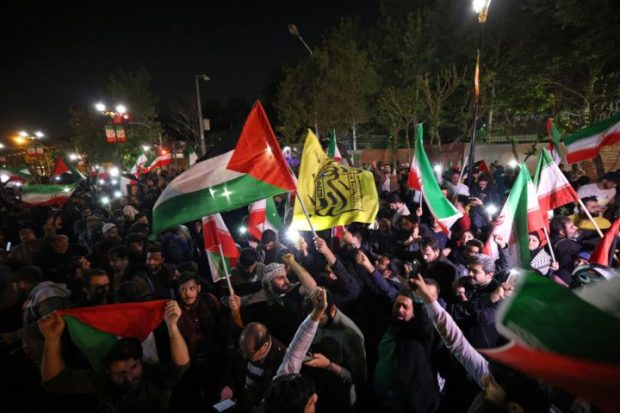
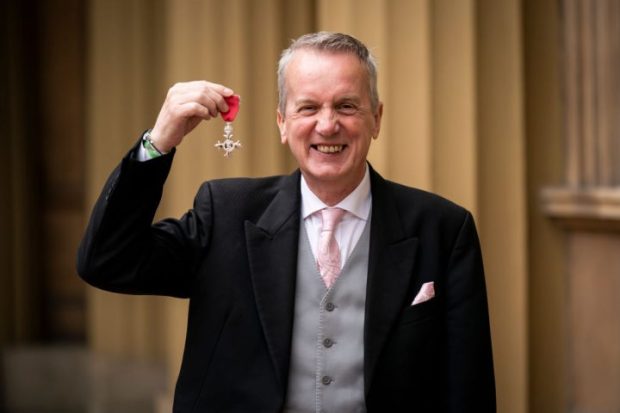
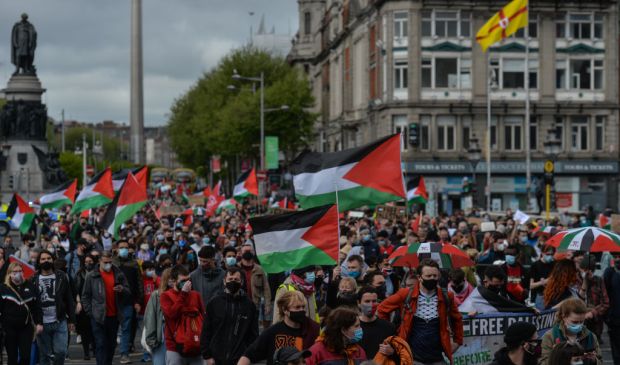
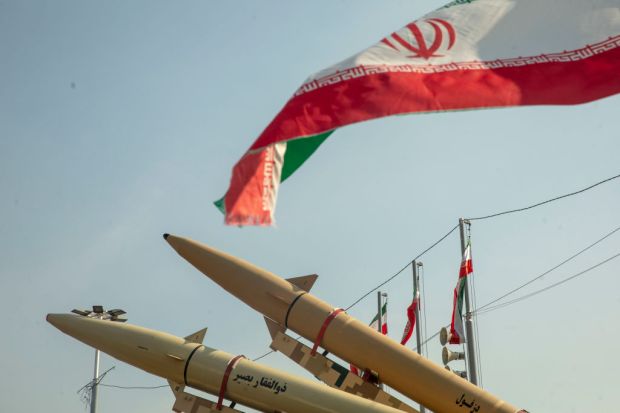
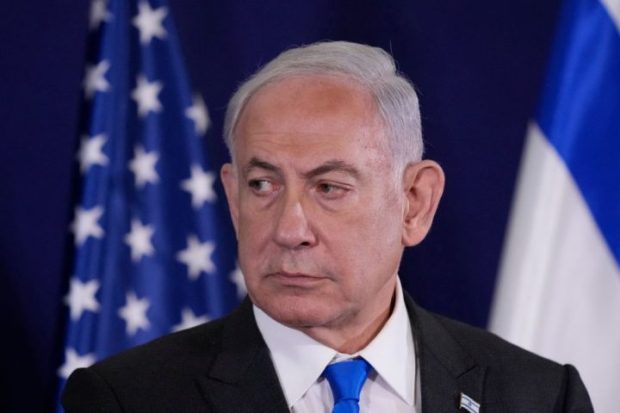
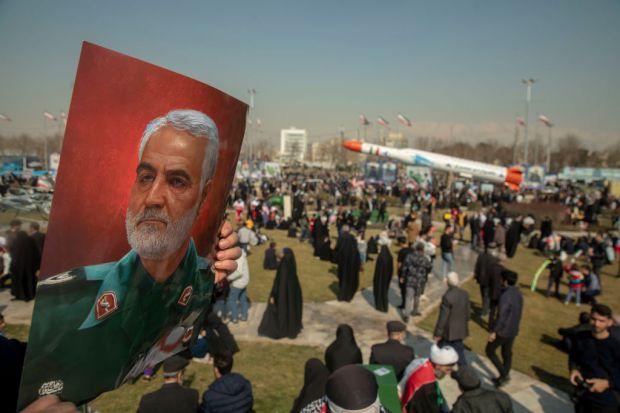












Comments
Don't miss out
Join the conversation with other Spectator Australia readers. Subscribe to leave a comment.
SUBSCRIBEAlready a subscriber? Log in